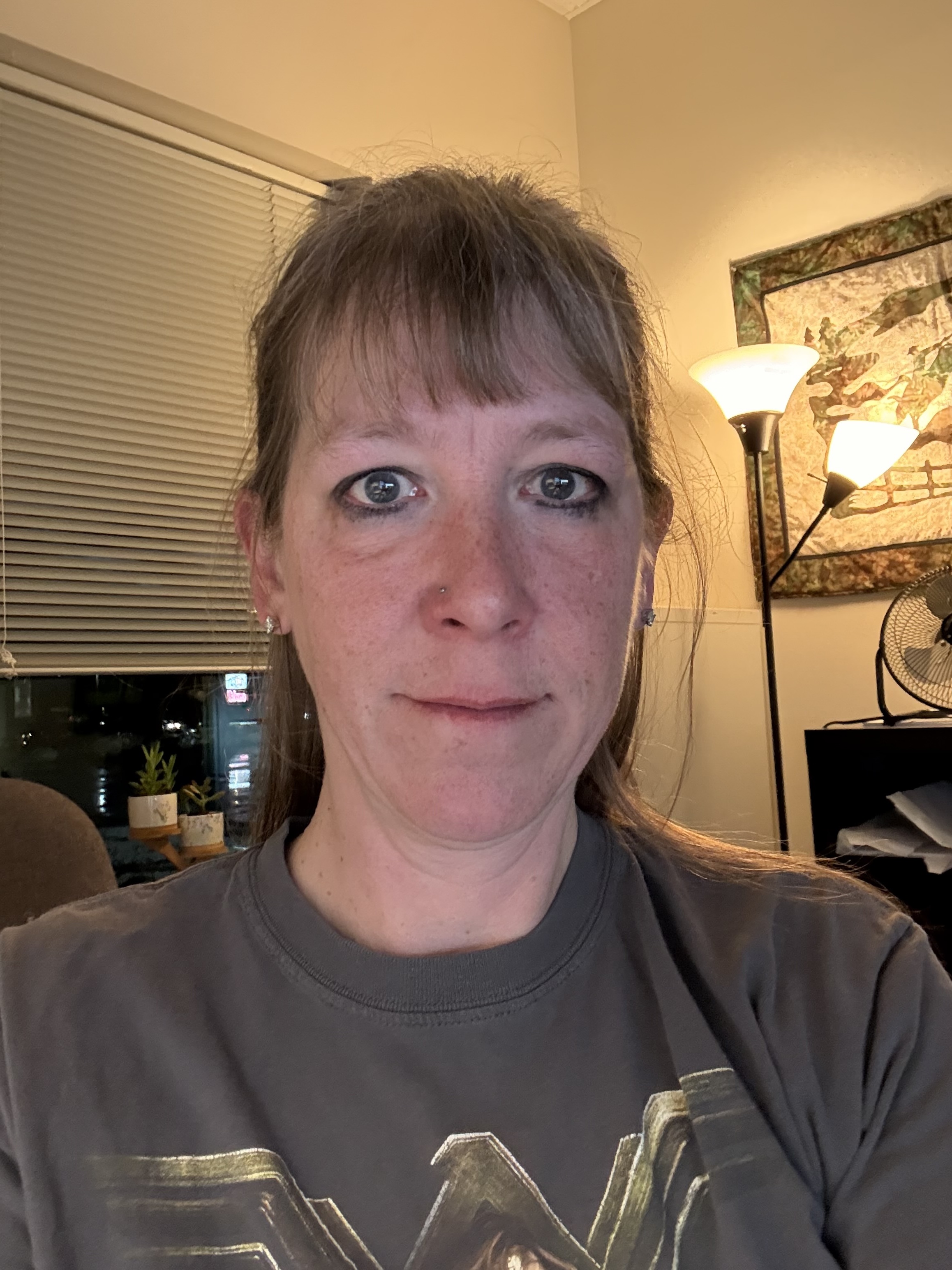
Jody Morris has been connecting Alaskans with benefits for nearly 18 years. The Alaska State Employees Association (ASEA)/AFSCME Local 52 member’s job has grown more difficult in that time as the demand for benefits like food assistance, Medicaid and temporary cash assistance has increased over the years.
“When I started in 2007, our case load was about 300 families,” recalls Morris. “After the recession, we saw a huge rise in applicants. And we are continuing to see this rise. If you divided it up between staff, your case load would be 9,000 families per worker.”
The need for public assistance in her community is so great that Morris must work 15 to 20 hours of overtime per week. The families that she connects with benefits like food assistance — the Supplemental Nutrition Assitsance Program (SNAP) — come from all walks of life.
“Disabled individuals. Parents who can’t keep up with the food costs. Homeless individuals. Everybody. Food insecurity doesn’t discriminate,” says Morris.
Morris explains how important benefits like SNAP are for families.
“When you can’t afford food, you can’t afford to pay to keep the heat up — which is a pretty important bill here in Alaska.”
As families face a cost-of-living crisis, every bit of assistance keeps families from being pushed to the brink. That’s especially true in a state like Alaska, where food is so expensive.
But come Nov. 1, funding for SNAP, which delivers food assistance to 42 million Americans, will end because of the government shutdown. So will funding for Head Start, which provides early learning programs for low-income families.
This is happening because the administration and its yes-men and women in Congress are using working families as bargaining chips. They’re refusing to end the shutdown by lowering health care costs and funding public services.
Cutting SNAP benefits will deal a terrible blow to Alaskans.
“We’re going to have a whole lobby full of people wondering where their food stamps are,” says Morris. “November is the month people really need [food stamps] for Thanksgiving. Food banks are going to be overwhelmed. Churches are going to be overwhelmed. It could cause depression. It could cause suicide. It could cause an uproar. People are going to get desperate.”
Morris says the timing could not be worse for her state. Earlier this month, Typhoon Halong slammed Alaska’s southwest coast, displacing thousands. Morris and her co-workers, who are already overstretched with massive caseloads, are doing everything they can to help the victims — but soon their hands could be tied.
“Two communities were evacuated as of last week,” says Morris. “We had to evacuate them to Nome or Anchorage. Thousands of people are displaced — they lost everything. We’re working overtime to re-issue their SNAP benefits so they can eat while they pick up the pieces. But soon they could be without their homes and without the ability to pay for groceries.”
Morris wants Congress to act now. “Congress needs to take responsibility and provide for their citizens.”
That means lowering health care costs, protecting workers and funding public services.
Join the fight. Connect with your member of Congress.
